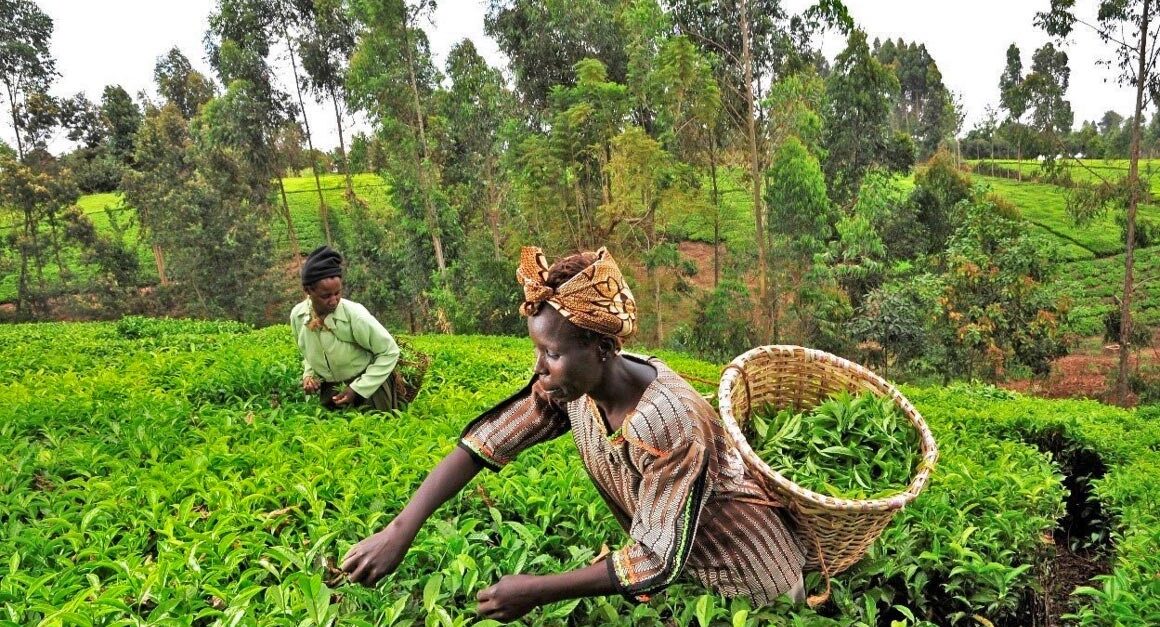
As global trade continues to evolve, there is a growing focus on sustainability, ethical sourcing, and supporting local communities. The agricultural trade between Africa and Canada is no exception. Over the past few decades, we’ve seen a steady increase in the flow of African agricultural products to Canada, with an increasing emphasis on making that trade sustainable and responsible.
In this post, we’ll explore the future of agricultural trade between these two regions, focusing on sustainability and how both African producers and Canadian businesses can benefit from this growing partnership.
Why Focus on Sustainable Agricultural Trade?
Sustainability in agricultural trade is critical for several reasons:
- Environmental Protection: Sustainable farming practices help protect natural resources, reduce emissions, and conserve biodiversity.
- Economic Empowerment: By supporting ethical sourcing and fair trade, businesses can help lift African farmers and communities out of poverty while ensuring a reliable supply of high-quality agricultural products.
- Consumer Demand: Canadian consumers are increasingly aware of where their food comes from and how it’s produced. They’re looking for products that support environmental and social sustainability.
With both regions striving toward environmental stewardship and social responsibility, the future of sustainable agricultural trade between Africa and Canada looks promising.
The Role of Africa’s Agricultural Sector in Global Trade
Africa’s agricultural sector plays a vital role in the global food supply, with an abundance of products that are well-suited to international markets. Some of Africa’s top agricultural exports to Canada include:
- Spices and herbs: such as hibiscus, moringa, and baobab.
- Grains and pulses: like fonio, millet, and cowpeas.
- Fresh produce: such as yams, plantains, and cassava.
- Superfoods: including cacao, shea butter, and baobab fruit.
Africa is home to vast amounts of fertile land and a growing population of young farmers eager to meet the demands of global markets. This positions the continent as a key player in the future of sustainable agricultural trade.
However, for Africa to reach its full potential in agricultural exports, the region must continue to improve its agricultural practices and infrastructure. Sustainable farming techniques, like agroecology, conservation tillage, and organic farming, are vital to ensuring that the continent’s agricultural sector grows in harmony with the environment.
The Role of Canadian Businesses in Promoting Sustainability
Canada, as a developed market, has a critical role to play in ensuring that the agricultural products it imports from Africa are sustainably sourced. Canadian businesses — especially those in the food industry — can actively promote sustainability through:
- Ethical Sourcing: By working with African farmers and cooperatives that adopt sustainable farming practices, Canadian businesses can ensure that they are supporting environmentally friendly and socially responsible operations.
- Fair Trade Certifications: Many Canadian consumers are looking for products that carry fair trade certification. These products ensure that farmers are paid a fair wage and that environmental and social standards are upheld. For example, fair trade cocoa and organic baobab are in high demand.
- Collaborations and Partnerships: Canadian businesses can foster partnerships with organizations that support sustainable farming in Africa, helping to invest in the development of better practices, agricultural education, and infrastructure.
Technological Innovations Driving Sustainability
In recent years, technology has played an important role in making agricultural trade more sustainable. Both Africa and Canada are benefiting from innovations that make farming more efficient, sustainable, and climate-resilient. Some key technological advancements that will shape the future of sustainable agricultural trade include:
1. Precision Agriculture
In Africa, precision agriculture tools are being introduced to help farmers optimize the use of water, fertilizers, and pesticides. This reduces waste, minimizes environmental impact, and increases crop yields, making agriculture more sustainable and economically viable.
2. Digital Platforms and Supply Chain Transparency
Digital platforms that connect African farmers directly to international buyers are helping to shorten supply chains and improve traceability. This not only benefits consumers but also ensures better pricing and fairer distribution of profits along the supply chain.
3. Climate-Smart Farming
Canada has been a leader in climate-smart agricultural practices, and these methods are increasingly being adopted in Africa. Climate-smart farming includes techniques such as water-efficient irrigation, drought-resistant crop varieties, and integrated pest management — all of which are crucial for long-term sustainability.
4. Blockchain for Traceability
Blockchain technology is improving transparency in the agricultural supply chain, providing consumers with verifiable information about where their food comes from and how it was produced. This is particularly important for the growing organic and fair trade markets in Canada, where consumers demand full traceability of their food products.
Sustainable Partnerships: A Win-Win for Both Africa and Canada
For sustainable agricultural trade between Africa and Canada to thrive, it’s essential to create mutually beneficial partnerships. Canadian businesses, retailers, and consumers have an opportunity to support African farmers and cooperatives, ensuring fair wages and sustainable practices while simultaneously enjoying access to high-quality, diverse agricultural products.
Benefits for Africa:
- Increased Access to Global Markets: As Canadian businesses seek more diverse and sustainably sourced products, African agricultural exports have a growing opportunity to meet the demand.
- Economic Empowerment: Fair trade practices and sustainable partnerships can significantly improve the livelihoods of African farmers and communities.
- Technological Transfer: Collaborative efforts between Canadian and African businesses can result in the transfer of valuable agricultural technologies and knowledge, improving productivity and environmental stewardship.
Benefits for Canada:
- Diverse and Unique Products: Canadian consumers are increasingly interested in African agricultural products, especially superfoods, organic produce, and specialty crops.
- Strengthening Trade Relations: Canada’s role as a sustainable trading partner is enhanced by aligning with Africa’s growing agricultural sector.
- Environmental and Social Responsibility: Canadian businesses can enhance their sustainability profile by sourcing ethically produced products that have a positive impact on the environment and the local economy.

